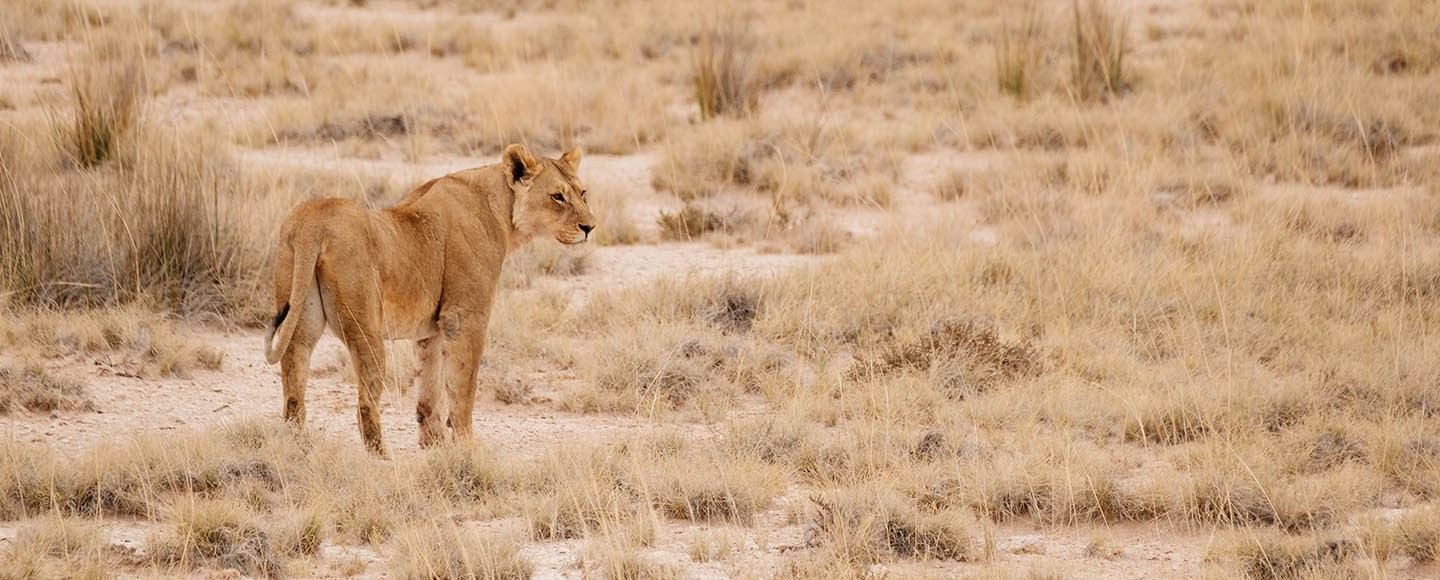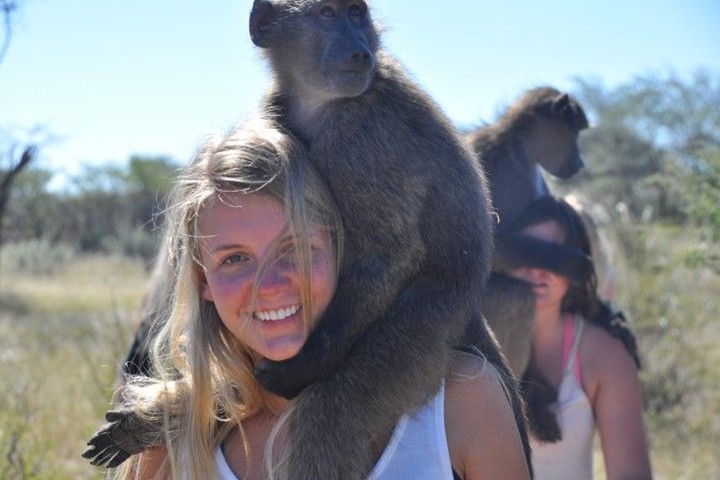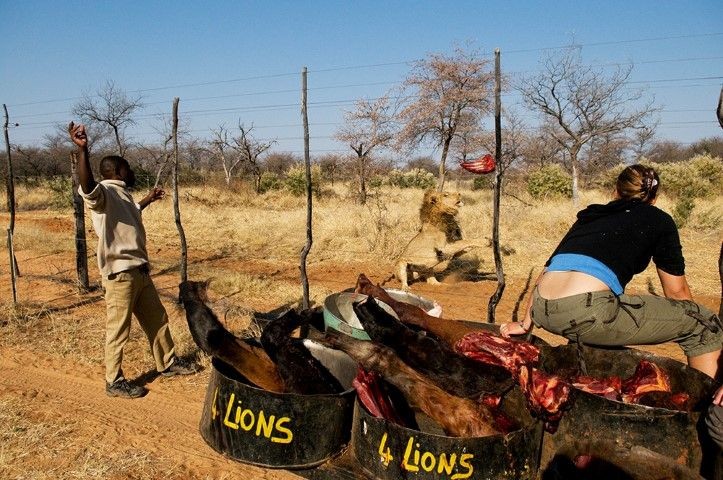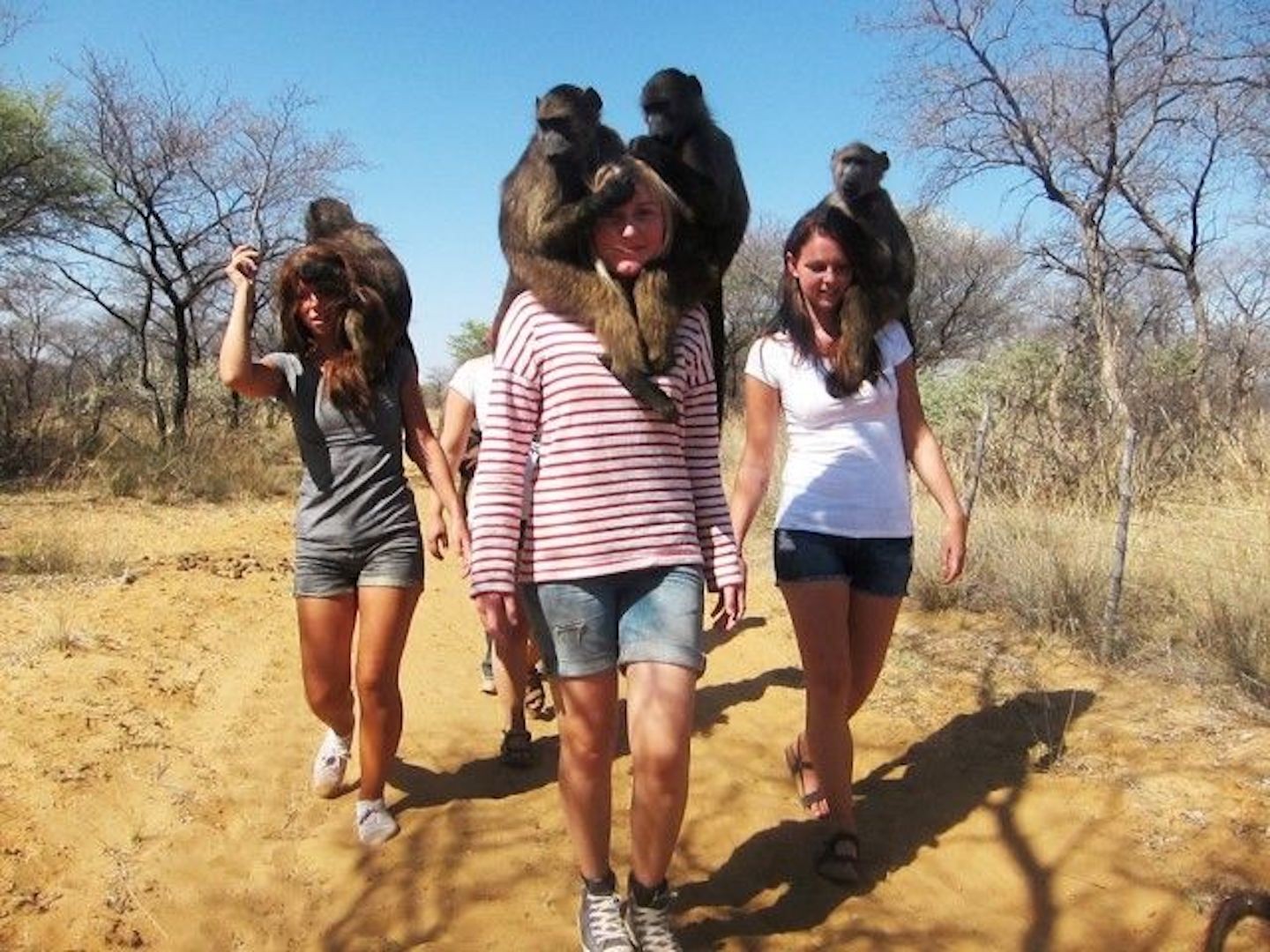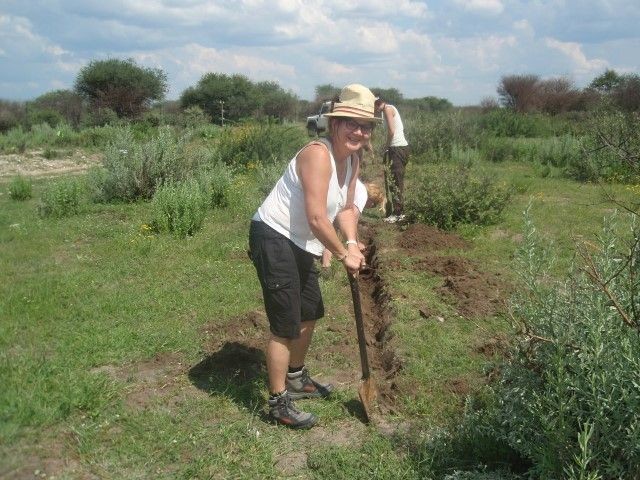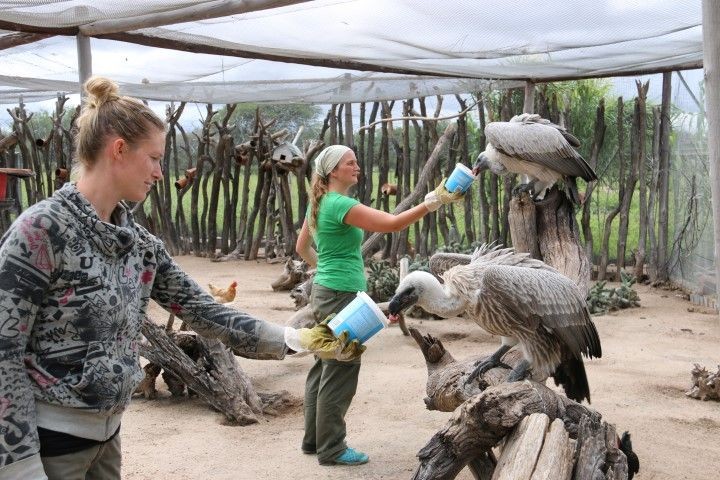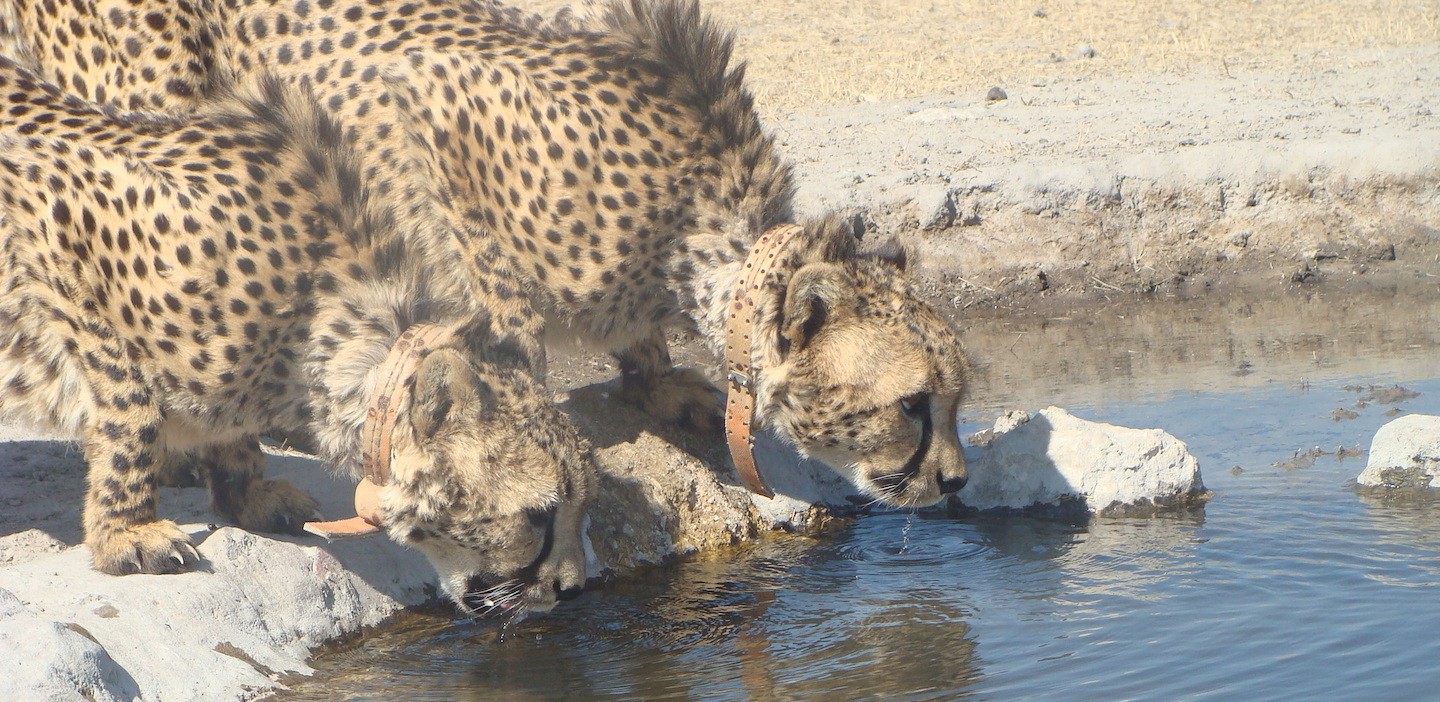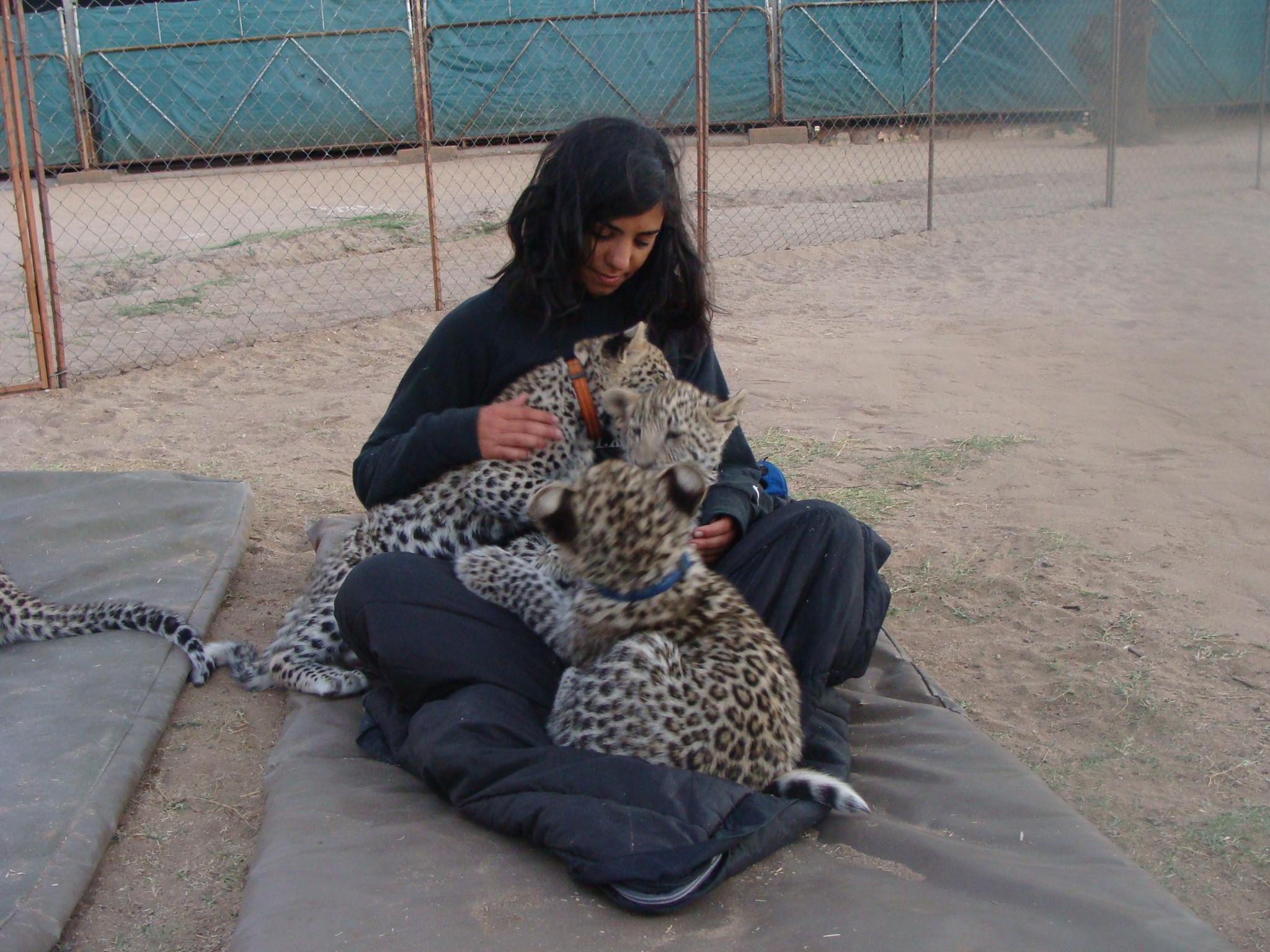
Why take this trip?
If you have a passion for animals and for wildlife conservation, once you go you will not want to leave this place. This trip will give you a wildlife experience that is completely out of the ordinary and is considered like heaven for animal lovers. You will be given the chance to give back to these beautiful animals and contribute to their wellness and rehabilitation in the wild where they belong. As a volunteer, you will learn that animals too need to be respected and given their space and time. That you need to get to know each one personally and let them know you. You will have to spend a lot of time observing them, how they deal with each other and how they react to people, what they love and what they don’t. You will learn that each one has its own personality - the lazy, the playful, the antisocial...etc - and accordingly they have to be treated differently. The love everyone who goes to this place has for animals there and their passion to do everything they can to help save and rehabilitate them is incredible.
